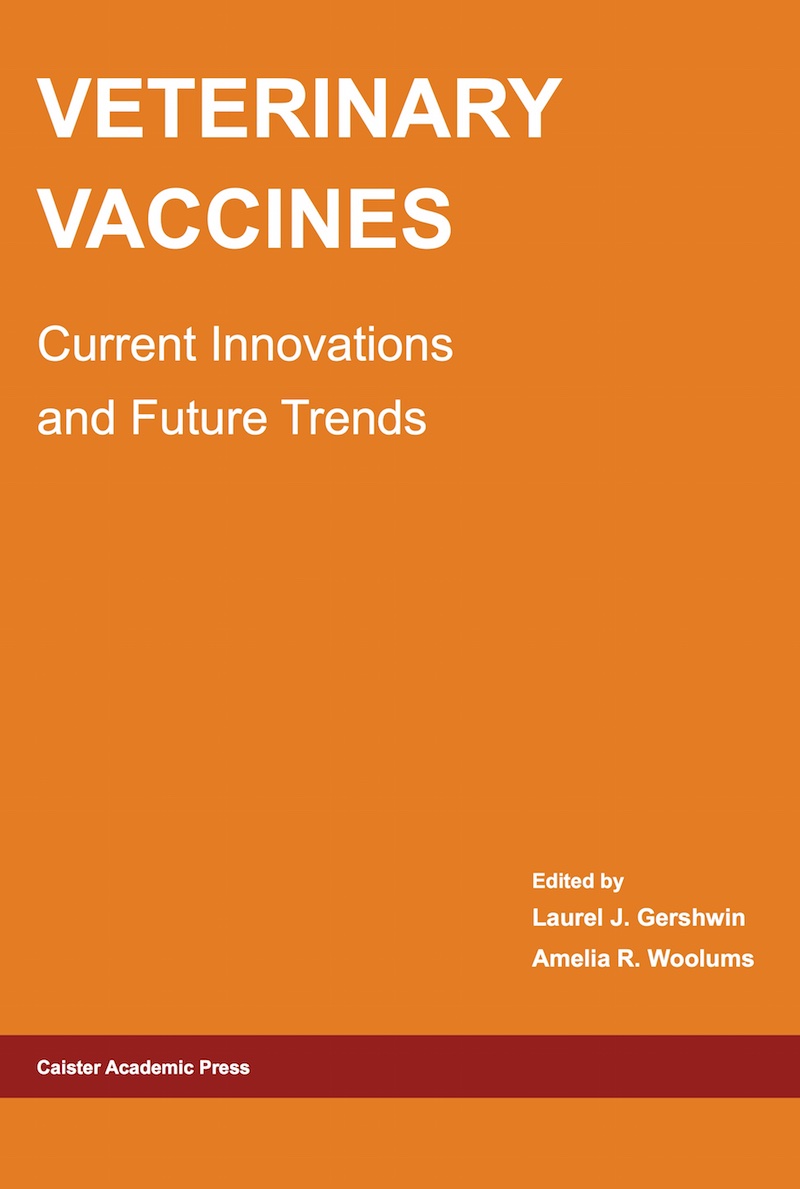The Chicken Reservoir and Specific Alleles at Conserved Contingency Loci Can Promote Host Colonization and Disease by Campylobacter jejuni
John E. Linz
from: Campylobacter Ecology and Evolution (Edited by: Samuel K. Sheppard). Caister Academic Press, U.K. (2014)
Abstract
Campylobacter jejuni ranks among the top foodborne bacterial pathogens in terms of number of disease cases and economic impact. Despite its clear importance as a pathogen, relatively little is known about the specific mechanisms by which C. jejuni causes disease. Twenty three or more contingency loci in C. jejuni strain 11168 are subject to high frequency mutation within homopolymeric tracts and these genetic changes impact gene expression and/or protein activity. Our laboratory is investigating the role of C. jejuni contingency loci in virulence. This chapter reviews recent work in our laboratory that demonstrates that the chicken reservoir promotes phase variation at specific contingency loci and this enhances colonization and disease in a mouse model for disease. A specific allele at contingency locus Cj0170 for example regulates C. jejuni motility and virulence in mice while specific alleles at loci Cj0045, Cj1420, and Cj0685 are strongly associated with colonization and disease. Based on our data, we hypothesize that analysis of the genotype at contingency loci provides a useful tool to predict virulence in mice and humans. The data also prompt us to focus on highly conserved contingency loci as useful targets to prevent disease in humans read more ...



